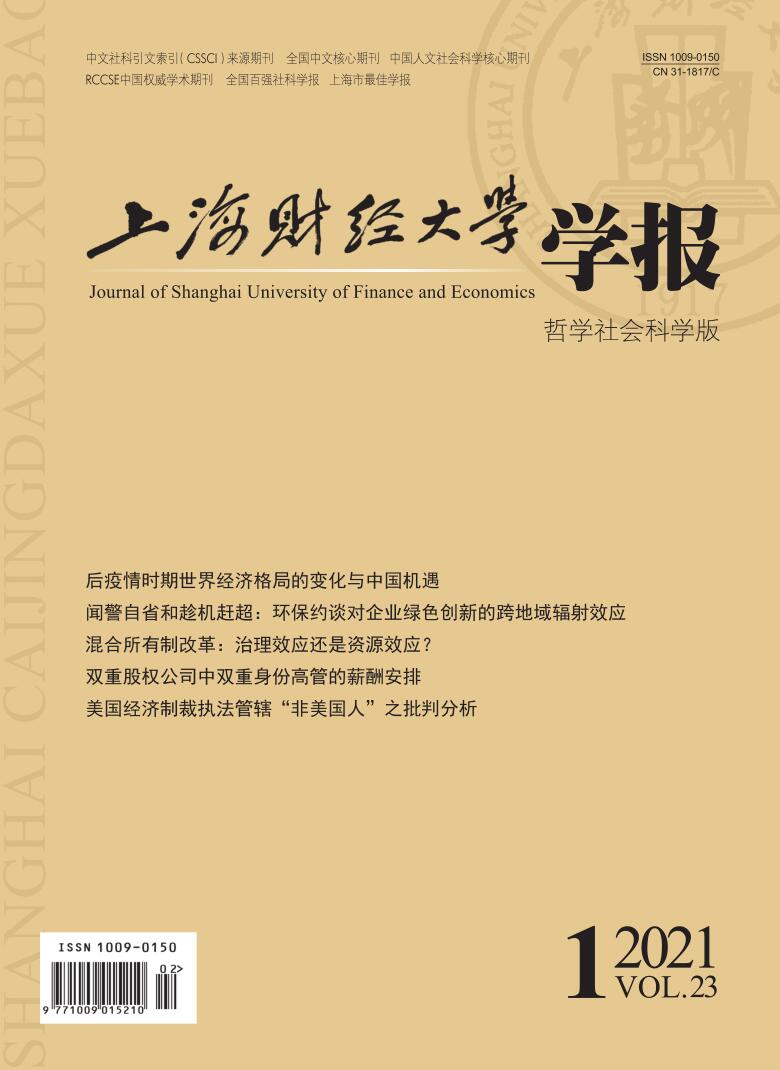The dual class share structure can help internal shareholders or founding shareholders obtain majority voting rights(control rights)with a small number of capital investment(cash flow rights), and become the controlling shareholders; it can help founders realize equity financing without losing control. The introduction of dual class share structure is an important measure in Chinese capital market reform, but the institutional arrangement of the same share with different rights has caused great controversy in many countries that have implemented it. Because of the demand for practical experience of dual class share companies and the shortage of existing empirical samples, this paper takes American listed companies from 2008 to 2017 as samples to investigate the problems of dual class share companies exposed in the relatively perfect market environment and relatively loose regulatory environment in the United States. These problems will become the focus of dual class share system reform in China’s transitional capital market. The core research issues of this paper are the special salary arrangement, incentive effect, effective or invalid reasons and corresponding security mechanism when high-voting shareholders are also executives in dual class share companies. It is found that compared with the one-share-one-vote company, the executive compensation of dual class share company has the unique phenomenon of high monetary compensation and low stock option. Further research finds that: The high monetary compensation of dual class share companies does not effectively improve corporate performance, but exposes the self-interest of executives; while stock option weakens the agency problem, compensates for the low claim of high-voting shareholders, and promotes corporate performance by stimulating heterogeneous capital investment of high-voting shareholders. The reason is that under different ownership structure and power structure, the role and path of monetary and equity executive compensation on enterprise performance are different. This study explores the new meaning of executive compensation as an alternative mechanism of claim under the dual class share structure and the meaning of the high-voting shareholders having two sides. Therefore, it is suggested that the external shareholders with one-share-one-vote should pay attention to the executive compensation structure of dual class share companies, especially the compensation design of high-voting shareholders; the regulators should require the dual class share companies to strengthen the information disclosure of executive compensation, improve the requirements of corporate governance, and limit the multiple rights of one share.
 / Journals / Journal of Shanghai University of Finance and Economics
/ Journals / Journal of Shanghai University of Finance and EconomicsJournal of Shanghai University of Finance and Economics
LiuYuanchun, Editor-in-Chief
ZhengChunrong, Vice Executive Editor-in-Chief
GuoChanglin YanJinqiang WangWenbin WuWenfang, Vice Editor-in-Chief
Salary Arrangement of Dual Status Executives in Dual Class Share Companies: Incentive or Self-interest?
Journal of Shanghai University of Finance and Economics Vol. 23, Issue 01, pp. 91 - 106 (2021) DOI:10.16538/j.cnki.jsufe.2021.01.007
Summary
References
Summary
Cite this article
Du Yuan, Xu Qing, Jia Fansheng. Salary Arrangement of Dual Status Executives in Dual Class Share Companies: Incentive or Self-interest?[J]. Journal of Shanghai University of Finance and Economics, 2021, 23(1): 91-106.
Export Citations as:
For
ISSUE COVER
RELATED ARTICLES




 4663
4663  6308
6308

